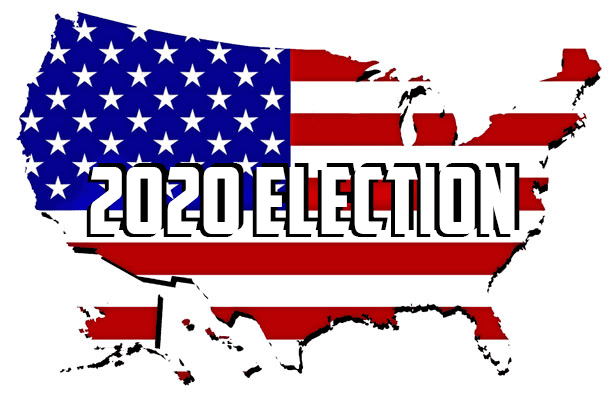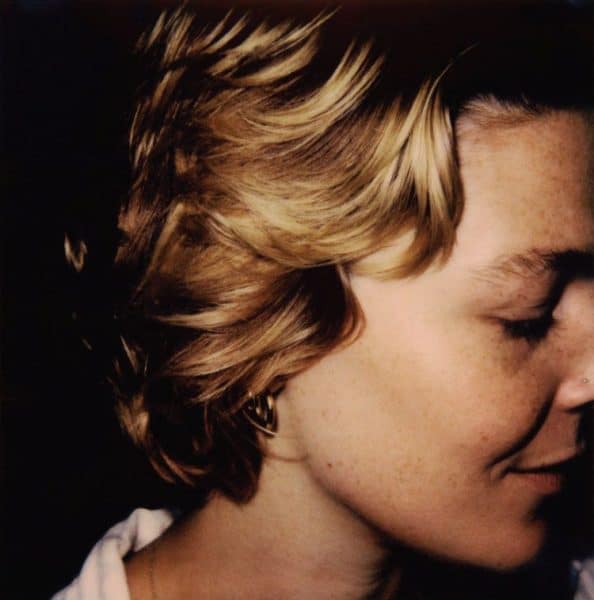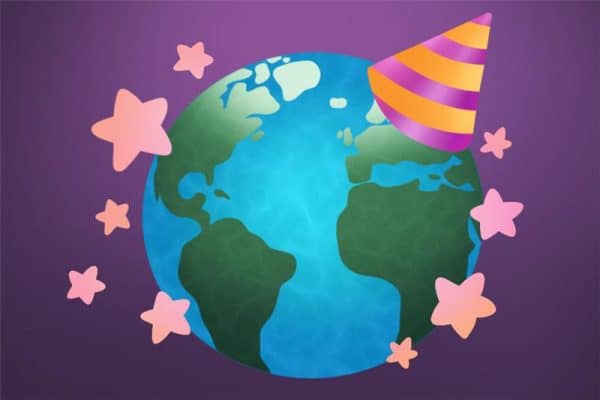OPINION: Politics as culture – what the Democratic debates mean for the future of news vs. entertainment
More stories from Samuel Reece
Eighteen million people watched the two-night 2019 Democratic primary debates, the highest ratings of any Democratic primary debate ever. To put that in perspective, “America’s Got Talent” was the highest-rated broadcast show the week before, with 10.01 million viewers.
“The Late Show with Stephen Colbert” and “Late Night with Seth Meyers” went live after the debates, intent on capturing the moment instead of relying on pre-taped, politics-less programs. As one of Meyers’ guests, “Saturday Night Live” comedian Kate McKinnon debuted a Marianne Williamson impression just hours after Williamson’s first real introduction to the American public. To be a day behind in politics is, in 2019, to be completely irrelevant.
In 2015 and 2016, the character of Donald Trump, golden-haired boss at the head of the table, moved from the boardroom of the “Celebrity Apprentice” and NBC’s prime-time schedule to the West Wing and “NBC Nightly News with Lester Holt.” The long-term reality show storylines, upsets and “I didn’t come here to make friends” moments that have always defined politics are somehow easier to see now, and viewers are eating it up. We’ve all known this for a while. If we didn’t know it in summer 2015, we figured it out between then and the election, and certainly in the ensuing and current presidency.
We’ve mixed up the reality show with the real. What has always been a show, catered for maximum excitement, emotion and voter mobilization, has eaten itself, an ouroboros trapped inside a screen, scrolling onwards into infinity.
And yet, the debates this week were, somehow, old-fashioned. Politics is entertainment in 2019, usurped only by the biggest blockbusters like “Avengers: Endgame” and “Game of Thrones” for a week or less. These debates are part of that Great Show, required watching but still grounded somewhat in reality. Wednesday night was something of a policy-fest, the biggest moments going to Elizabeth Warren’s wealth of policy proposals and Julián Castro’s discussion of Section 1325. It was less about the show and more about the substance, or, perhaps, about the show inside the substance.
Thursday night, with its lopsided line-up of higher-polling candidates, was more focused on Trump and spectacle. Joe Biden, polling favorite and presumed front-runner, was on the defensive from Kamala Harris’ comment on racial policies. Marianne Williamson, underdog author and New Age guru, argued for a Trump-like approach that ditches substance for show entirely.
“… If you think we are going to beat Donald Trump by just having all these plans you’ve got another thing coming,” Williamson said. “Because he didn’t win by saying he had a plan.”
Americans tuned into these debates like no others before them. Certainly, because they are necessary watching for the Great Show, the entertainment spectacle that fills the airwaves and our Facebook feeds. Americans tuned in because in the Political Cinematic Universe, this special two-night-only miniseries is must-see TV.
There’s something to be said for politics as culture, as entertainment, as pure entertainment, in some way or another. It seems as if, for now, politics-as-entertainment is sticking around, and there are big questions to be asked about it – questions Donald Trump and Marianne Williamson and Elizabeth Warren are all trying to answer – about what that really means. The question will only get clearer, and more complicated, as more of these big campaign moments happen over the next two years.











